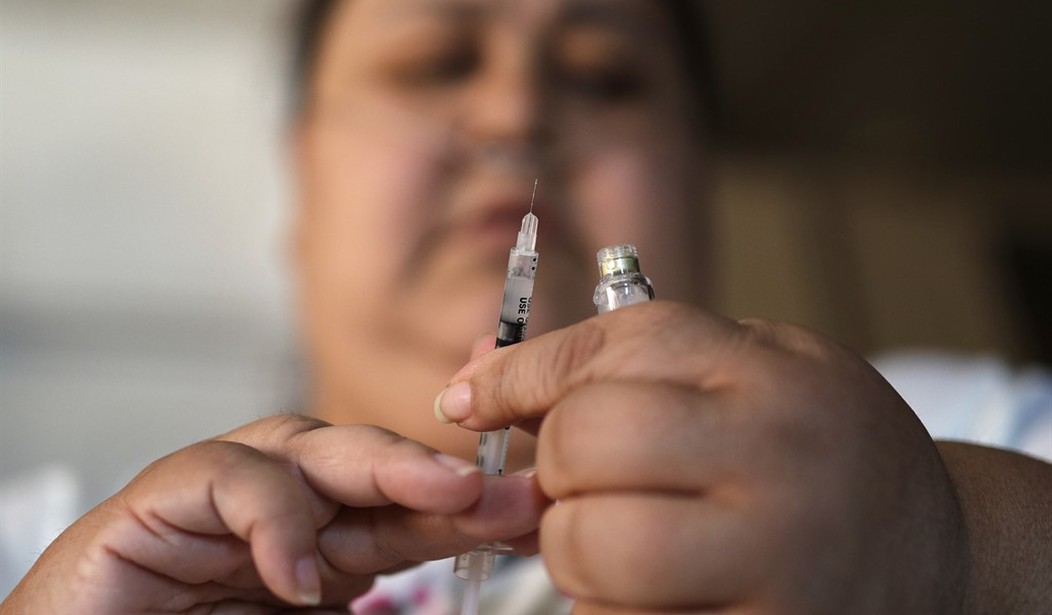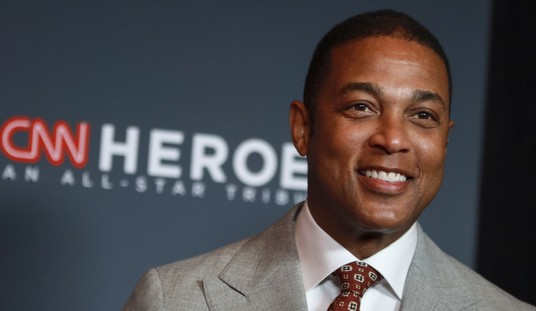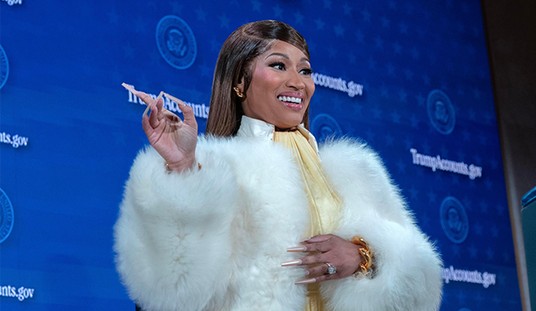Under the Trump administration, a measure known as rule 340b actively sought to bring drugs to rural health providers at lower costs, making some drugs like insulin more available at a time when its costs were skyrocketing. The rule was meant to offset some of those costs and came with no real cost to the taxpayers.
Early in the summer, the Biden administration caved to lobbyists by pausing the program before moving to outright kill it in June. Toward the end of June, it appeared that the Biden administration was walking back its decision. For now, the program lives on.
In the wake of all this, a new lawsuit from a pharmacy group in New York claims that four major drugmakers conspired to restrict the sale of insulin at a reduced price under rule 340b to their pharmacies.
The class-action lawsuit alleges that Sanofi, Eli Lilly, Novo Nordisk and AstraZeneca colluded in the summer of 2020 to restrict offering discounted products to 340B contract pharmacies.
The drugmakers should compete against each other, but instead “they worked together to boost their profits by coordinating to retract a long-standing discount for safety-net hospitals and clinics,” the lawsuit filed in the U.S. District Court for the Western District of New York said.
Mosaic argues that last summer the four drugmakers spent millions lobbying the federal government to limit 340B drug discounts for diabetes medicines such as insulin.
However, former President Donald Trump in July 2020 issued an executive order that aimed to ensure 1,000 community health centers would get insulin and injectable epinephrine at the 340B discounted rate.
While 340b is in effect, multiple drugmakers are allegedly moving to restrict the sale of insulin to healthcare providers at the reduced rate under the 340b program.
It is not very difficult to find stories of health providers hurt by the companies who did everything they could to avoid abiding by the rule. It is not very difficult to understand just how these companies are able to just ignore the rules. They pay a lot of money to lobbyists and to politicians to make sure they don’t have to abide by the rules that hurt them.
Meanwhile, they are all too happy to jump on the rules that hurt the average American, like signing on to the Affordable Care Act – because even as you lose access to your healthcare provider and are mandated to buy insurance, the insurance companies and the drugmakers get paid regardless.
Rule 340b is one of those things you actually love to see. The problem is that the rule comes across as optional when you have enough money to tell Congress you’re not actually going to follow it. My sincerest hope is that the politicians in Washington D.C. see what’s going on and will do something to hold those companies accountable.














Join the conversation as a VIP Member